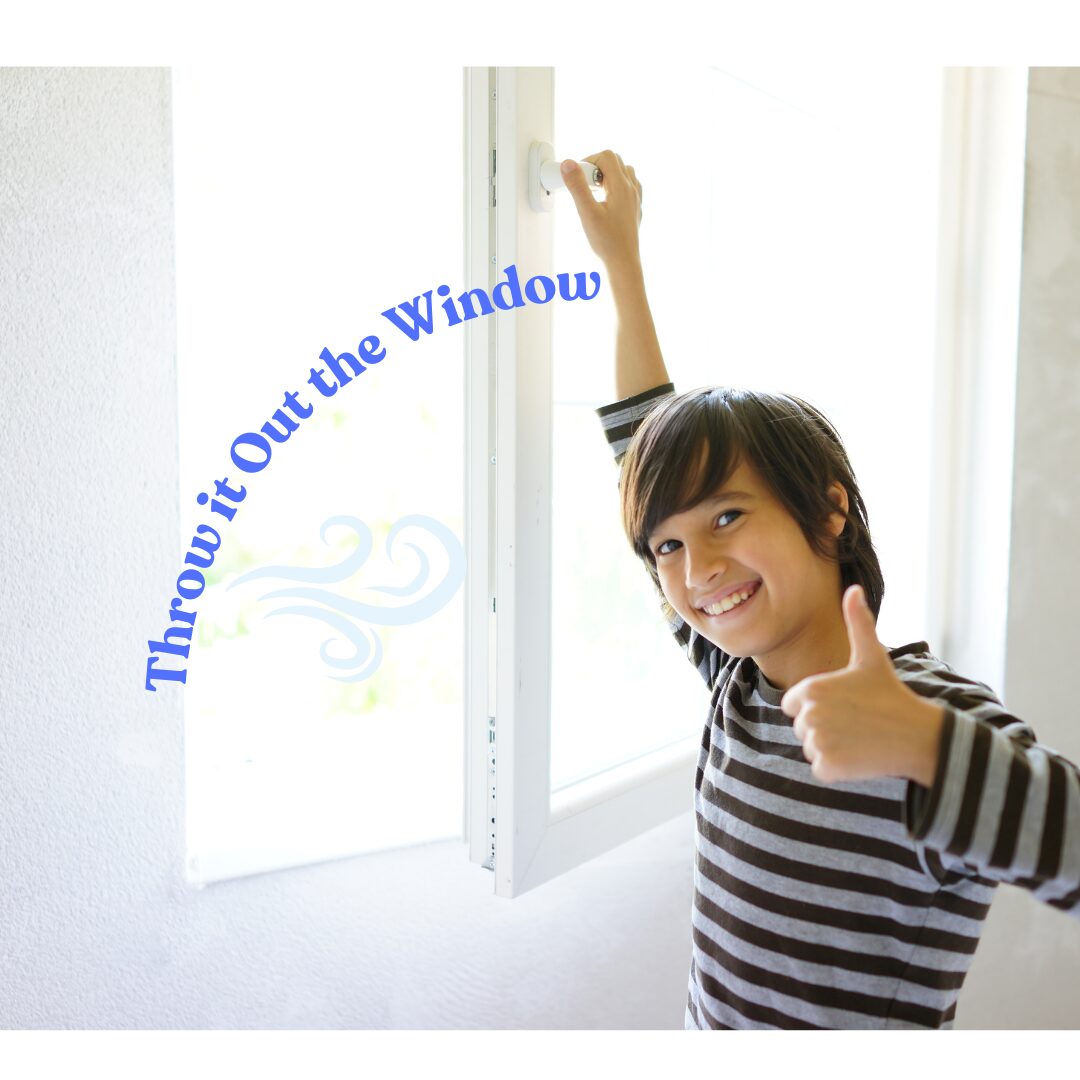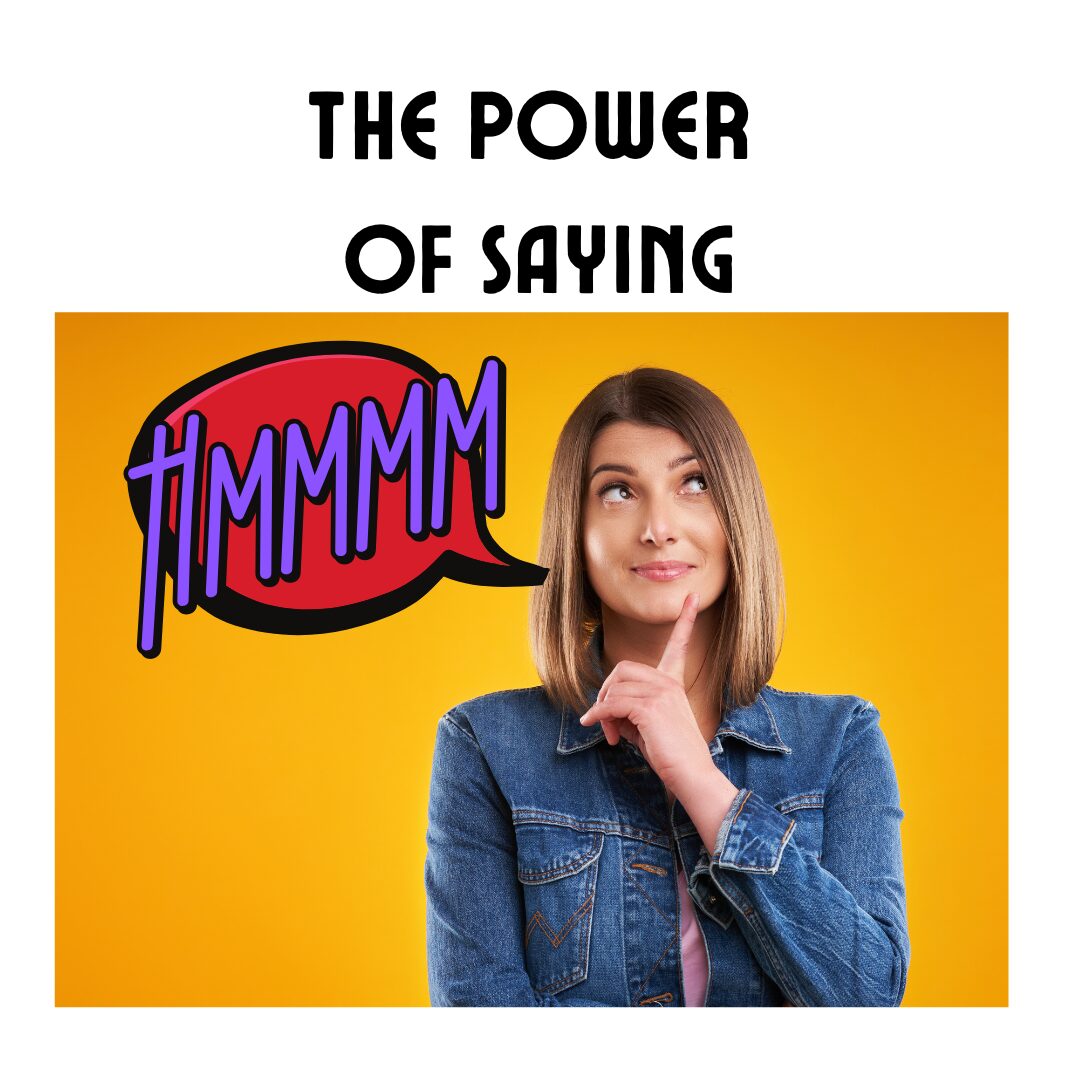One of the chapters in our book that will be published in the near future is called You Can Do Hard Things. We love this mantra because it cues us to find that brave warrior that resides in all of us. It helps shift us into a motivation mindset and reminds us that courage and determination are inside of us.
Let’s be honest, shit happens, and it happens a lot. You’ve seen the t-shirts and bumpers stickers, so you know it occurs on all the days that end in Y. But the good, the bad, and the ugly are all a part of this one-shot deal of being human. So, stress will happen, you will be challenged, and you will get your ass handed to you from time to time. But here is the kicker, the silver lining of all that hard life stuff that some of us go through. There are some good reasons to have some hardships. It turns out that doing hard things is actually good for you! It’s healthy for your brain and body to push yourself, be uncomfortable, and even tolerable pain (think workouts, doing your taxes, house renovations, research papers, cleaning the garage, not self-harm or drug use). Yes, it actually turns out that too much of the good life is also not always good. Hundreds of years ago, suffering was thought to be a part of life. It seems in the last few decades, we have been pleasure seekers, avoiding discomfort at all costs. And now the pendulum is swinging back the other way, hopefully towards the middle, where a little bit of balance is the sweet spot.
Growing up in the ’70s, ’80s, and ’90s, pop culture was very much about hedonism; Feel Great, Look Great, Buy More, Have More, Be More, Go Big or Go Home, etc. Excess was the gold standard that was glamorized on shows like Lifestyles of The Rich and Famous, Dallas, Dynasty, Beverly Hills 90120, The Real Housewives of … name a city), Keeping Up with The Kardashians, etc. Many of us grew up with constant cultural messages that having money and having it easy was the ticket to a good life. However, that message was continually challenged as we watched some of our favorite “rich and famous” personalities suffer from drug addictions, mental health, scandals, bankruptcies, divorce, and incarceration. The shiny gold of being wealthy and carefree began to tarnish slightly, and people began to wonder if having everything was a good thing.
A few things stand out about excess: The first one is when a college classmate told me that moderation is the key and excess in any form is bad. Too much sex? Bad. Too much religion? Bad. Too strong of opinions, passions, or beliefs in anything? Bad. Single-minded pursuits? Bad. Bad. Bad. I remember being floored by this whole notion of moderation. In the early ’90s, when I first heard this off-handed but brilliant philosophical, mind-blowing statement, excess was still very much in vogue; think Wolf of Wallstreet, Vogue, Eurotrash, etc. More was ALWAYS better! McDonald’s was adding Supersizes, the flashier the better was in style, and the cultural messaging was, more makes you happier! The More, The Better! This classmate’s statement sticks with me today; I use it often. I try to frame my life choices around this concept of moderation. Life balance can be seen in food choices (as in Costco size Peanut M&M’s excessive, snack size Peanut M&M’s moderation), exercise (daily walks vs. ultra marathon races), relationships, hours on social media, etc. In the 90s, I thought there was no such thing as TOO Skinny, or TOO Much exercise, TOO much training, TOO much late-night studying, or TOO Much Water; more was better! Kudos to my college classmate, he was well ahead of his time, and to this day, his flippant comment has been a key mantra in my life to remind me to make moderate lifestyle choices.
The second one that stands out is how much we were “sold” into this thinking of more is better, that the goal of life was to be happy, and comfortable – Corona on the beach early retirement comfortable (ok, that last part doesn’t seem so bad right now!). But it wasn’t ever really about making us happier or healthier, it was about conditioning us to want more and spend our money.
In 2023, researchers have been discovering what hippies and earthy moms and dads have always preached to their children; our brain needs a balance of good and bad (sounds eerily similar to the moderation comment of my college friend). Technological advances have allowed researchers to make giant leaps forward in looking at the brain and body functions. Neuroscientists, these incredible smarty pants, and techie geniuses have pulled back the curtain to reveal that we have gotten SO much shit wrong about what leads to optimal physical, emotional, and mental health. Now it seems pretty fucking obvious that there is no magic pill to cure anxiety and depression. Plenty of critical and life-saving medication helps, but it is not a miracle cure and won’t overcome unhealthy lifestyle choices or circumstances. Not too long ago (at least not in a 50-year-old’s mind), the media was in a frenzy and hyping up Prozac as the miracle cure for depression. How’d that exactly work out, Big Pharma? Well, they made a shit ton of money and are projected to continue raking The Benjamins in! Which means they continue to develop even more drugs. According to Fortune Business Insight, “The global antidepressants market size was USD 11.67 billion in 2019 and is projected to grow to $18.29 Billion in the US by 2027″. Read More at:- https://www.fortunebusinessinsights.com/antidepressants-market-105017. To put that in perspective, this current 2023 incoming high school freshman will graduate in 2027!
The point is……there is no magic pill. There is no magic wand. No panacea vitamin regime. We cannot live in a state of effortless, blissful indulgence. Our brain does not like it one little fucking bit. In fact, it has little and big temper tantrums in the form of depression, anxiety, pain, and disease. You tip the scale too far in bad (pain, exhaustion, stress), the brain goes haywire, and the mind reacts with fun stuff like depression, anxiety, and/or physical ailments appear. Tip the scale too far the other way of pleasure (TikTok marathons, videogames, no discomfort, eating what tastes good, laying on the couch watching movies all day, etc… your brain goes haywire, and your mind reacts with fun stuff like depression, anxiety, and physical ailments appear. A little damned if you do, damned if you don’t thingy going on here.
It all goes back to my little University buddy in Spanish 201 class who preached moderation; the guy was years ahead of the research and our Western Societal norms. I lost track of that classmate, but if he lived true to his belief of moderation, I would bet that he is not feeding into the big pharma bank accounts and probably has a very stable, everyday life full of ups and downs. We advocate that life of balance, doing some hard shit along with the hedonistic indulgences we all love, as the new gold standard for achieving the good life.

